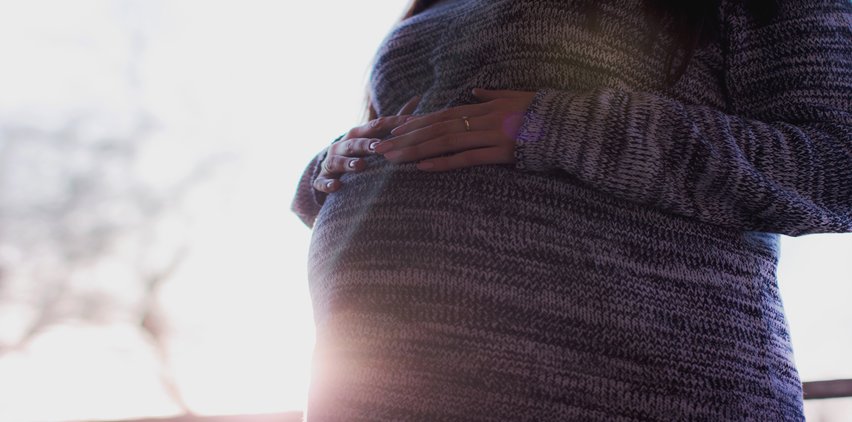Where you live matters
Recently released figures from a 2014 survey of fertility and relationship information on American women aged 15 to 50 shows that those in the Northeast had fewer children per 1,000 people studied than women in the South, Midwest, or West. Experts attribute this discrepancy to the notion that women in that demographic tend to have higher levels of education, possibly be more career-focused and conscious of the high cost of having children in this area of the country. “In Boston, there are many large institutions, biotech companies and a lot of the women that come to our office to see us are very educated and career focused in demanding jobs,” says Irene Souter, M.D., director of the preimplantation genetic diagnostic program at Massachusetts General Hospital. “She may have to compromise work life and home life, as well as consider that child care services might be more expensive in the Northeast.”
So does your job and age
Having a demanding, high-level position in her career plays a part in some women’s decision to remain childless, according to the study. The data shows that women ages 40 to 50 in 2014 who were in managerial or professional occupations were more likely to be childless than women in other occupations who were the same age.
While it’s likely no surprise that women have scaled back on the amount of children they’re having over the past three decades, the number of women ages 40 to 44 who had only one child roughly doubled between 1976 and 2014. “If women start late, they might not have enough time to have a second child,” Dr. Souter explains. “By the time she finishes breastfeeding and her body is back to normal and she’s thinking about having another pregnancy, she’s a few years older. If you have a demanding job it’s hard enough to have one child let alone a second child, or the reason could be child care costs, or you want to make sure that child has a good education, which can be expensive.” Find out: Are you financially fit to have a baby?
Marriage? Not so much
Meanwhile, over 20 percent of women who had their first child between January 2000 and June 2014 were living with an unmarried partner. Dr. Souter says this figure is on a par with what she’s seeing at her clinic, where women are coming in at younger ages to request egg freezing or just to learn about their reproductive options. “Those rates of unmarried women having children are rising and I see more successful women that decide to have babies by themselves,” she says.
Linda Scruggs, a fertility nurse, mom of two and founder of online fertility support site, MOMtility, believes women feel empowered and have more choices than ever before to decide when and if they want to try to build a family: “Whether choosing to become a single mother, or attempting to freeze eggs to later use, we are seeing more acceptance that families come in all shapes and sizes.”


Leave a Reply